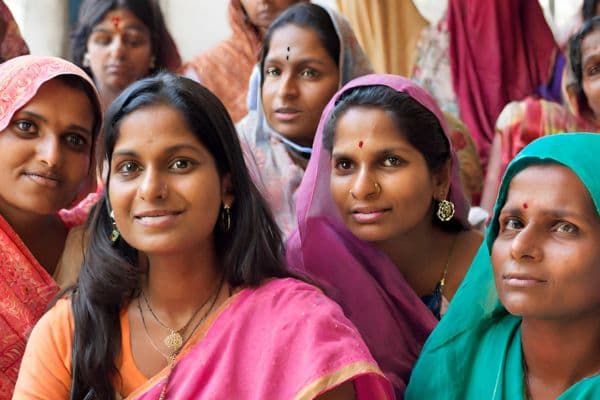Women's Health: A Changing Pattern of Disease

Abstract
This article explores the changing landscape of women's health, highlighting the persistent neglect and emerging challenges faced by women across social strata. Despite strides towards self-reliance, women in India still grapple with inadequate healthcare awareness and work-related stressors. Traditionally, women were shielded from certain diseases, but modern lifestyles have ushered in new health risks, such as smoking and alcoholism. The need for targeted education and healthcare strategies to address non-communicable diseases is underscored, alongside a call for gender-sensitive healthcare policies. By prioritizing women's health and empowerment, we can foster healthier communities and pave the way for greater gender equality in healthcare.Recently, we celebrated International Women's Day. In this article, let us delve into issues related to women's health. When it comes to the health of women, it is common to see their health neglected across all social and economic community sectors. This is partly because of the patriarchal nature of society, and among women who are independent, they tend to neglect themselves. So there is a need for education and awareness surrounding women's health.
The Need for Comprehensive Approach
Although women in India are becoming more self-reliant, they still lag behind in taking care of themselves. This is due to a lack of awareness, and the work pressure they experience contributes to this. Traditionally, women were prone to a set of illnesses like anemia and gynecological problems such as cervical and breast cancer. They used to enjoy protection from coronary artery disease during their reproductive life. However, today it is not uncommon to see women in their reproductive years succumbing to such diseases.
In modern times, there is an increasing trend in habits like smoking and alcoholism among women. This trend is not very rampant as of now, but with time, this could become more widespread. This aspect needs to be addressed. Traditionally, women held the position of keeping a watchful eye on the family, often preventing problems. It was said that if you educate women, it is like educating the whole family. With the worrying worsening trend, the family structure may also become disturbed. Although men are good at hard work, they may lack the ability to hold the family together.
When it comes to women's health, the major focus has traditionally been on expected diseases. However, with increasing rates of diabetes, hypertension, and obesity, we need to re-stratify health education efforts. It is common to see men coming out for jogging in the morning, but equal representation from women is not found. This is mainly because women start the family chores in the morning and they don't go out for morning jogs. This is one more reason for increasing non-communicable diseases among women.
When we see women healthcare packages, the focus is predominantly on traditional diseases like PAP smear, mammography, etc., but there is a lack of focus on these non-communicable diseases in them. This aspect also needs to be included for women too.
Conclusion
In conclusion, addressing the evolving patterns of disease in women's health requires a comprehensive approach. While traditional health concerns remain prevalent, it's crucial to acknowledge and tackle the emerging challenges posed by non-communicable diseases. This necessitates a shift in focus towards preventive measures, raising awareness, and ensuring equitable access to healthcare services for women. By empowering women to prioritize their health and well-being and implementing gender-sensitive healthcare policies, we can work towards fostering healthier communities and achieving greater gender equality in healthcare.
This Unlock the Future of Healthcare Management! 🚀🏥🌟
Is managing your hospital, clinic, or lab becoming a daunting task? Experience the ease and efficiency of our cutting-edge Management Software through a personalized demo.
